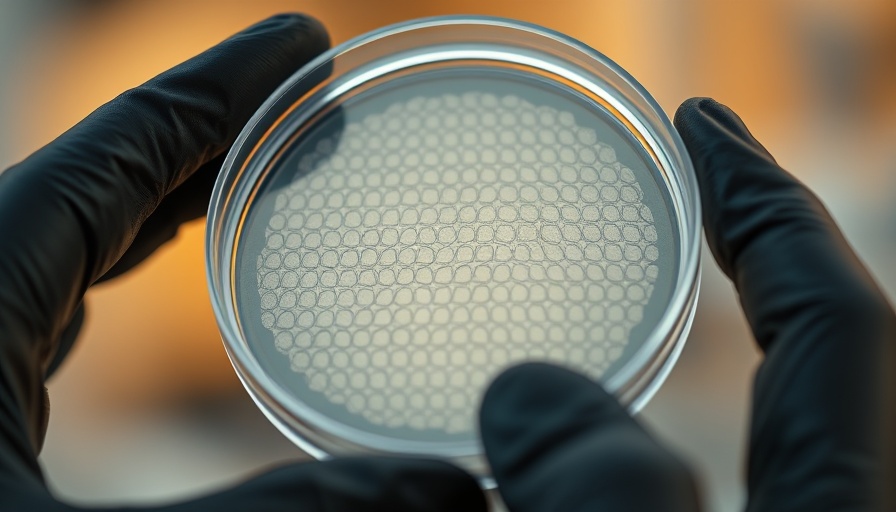
Revolutionizing Cosmetics Testing: The Promise of 3D-Printed Skin
The beauty and cosmetics industry faces increasing scrutiny over animal testing practices, leading to a pressing demand for humane alternatives. Researchers from Graz University of Technology (TU Graz) and Vellore Institute of Technology (VIT) are pioneering a promising avenue with their development of 3D-printed skin imitations aimed at replacing traditional animal testing methods.
The Science Behind 3D-Printed Skin Models
This innovative project focuses on creating skin mimetics that not only resemble human skin but also function like it. The research hinges on the use of hydrogels — a substance with high-water content that fosters the growth of living cells. According to TU Graz's Professor Karin Stana Kleinschek, for these hydrogels to be effective, they must support living cells that can grow and multiply, a prerequisite for viability in toxicity testing.
How 3D Printing is Changing the Game
The 3D-printed skin models will incorporate living cells and mimic the complex structure of human skin. Researchers are fine-tuning cross-linking methods for stabilization, ensuring these skins are mechanically and chemically stable without toxic chemicals. The early phases of testing have shown promise, with initial cell cultures surviving adequately, providing a foundation for future experimentation.
Future Implications for the Cosmetics Industry
By substituting animal testing with 3D-printed skin, the cosmetics industry can significantly align itself with ethical standards while potentially expediting the testing process. The imitations can be utilized to assess the safety and effectiveness of cosmetic products without being harmful to animals. This transition towards responsible practices not only meets regulatory pressures, such as the EU's Directive 2010/63/EU on animal welfare but also appeals to a growing base of consumers demanding ethical options.
Take Action Towards Ethical Beauty Choices
As advancements in biotechnology pave the way for the future of cosmetics, informing oneself about these revolutionary practices can make a difference. Embrace ethical consumerism by advocating for brands that prioritize humane testing methods and support innovations like 3D-printed skin.
 Add Row
Add Row  Add
Add 




 Add Row
Add Row  Add
Add 



Write A Comment